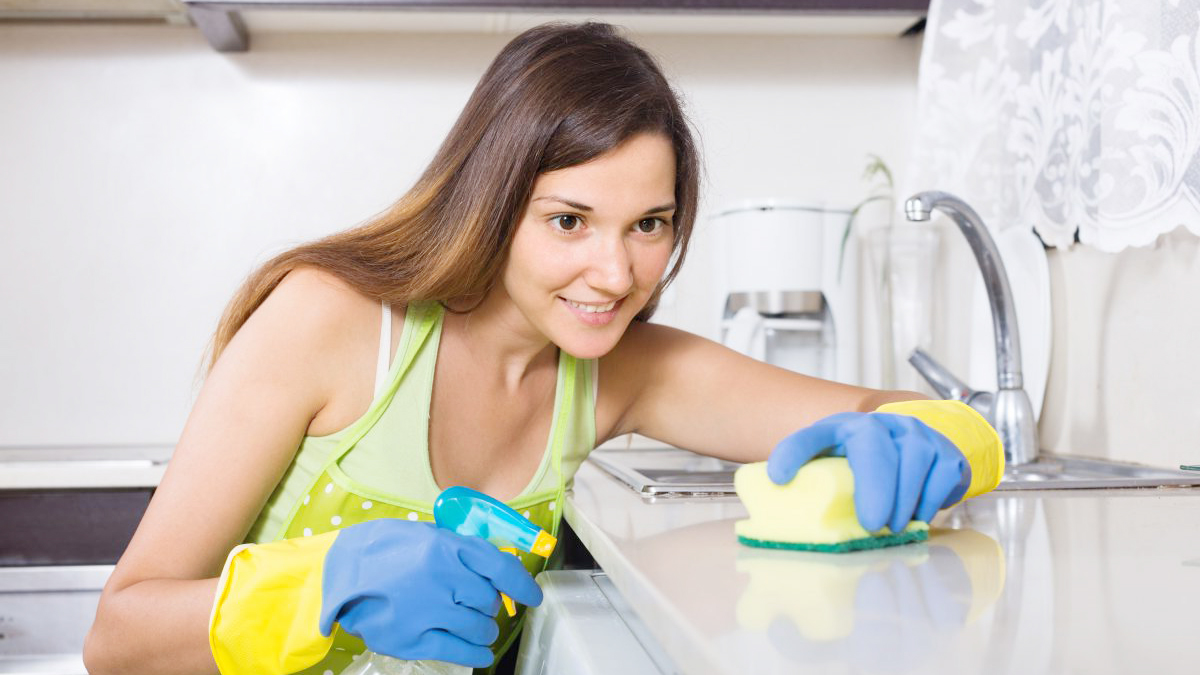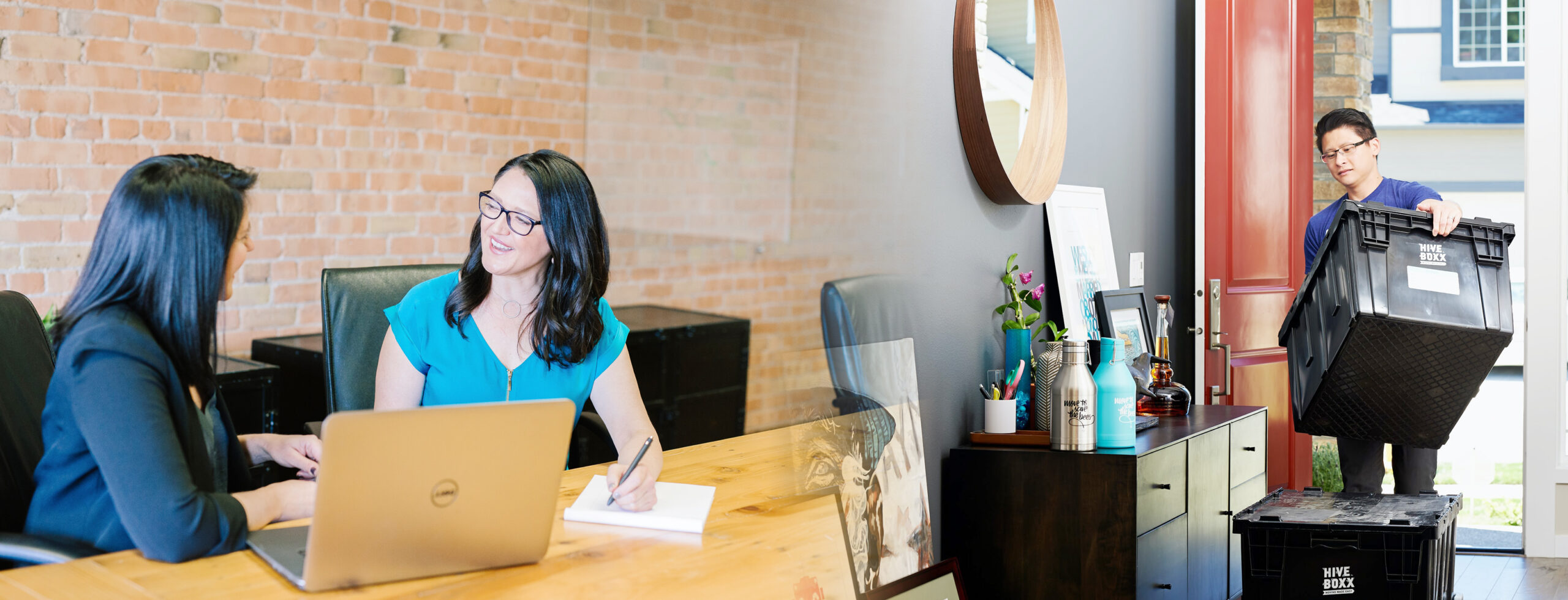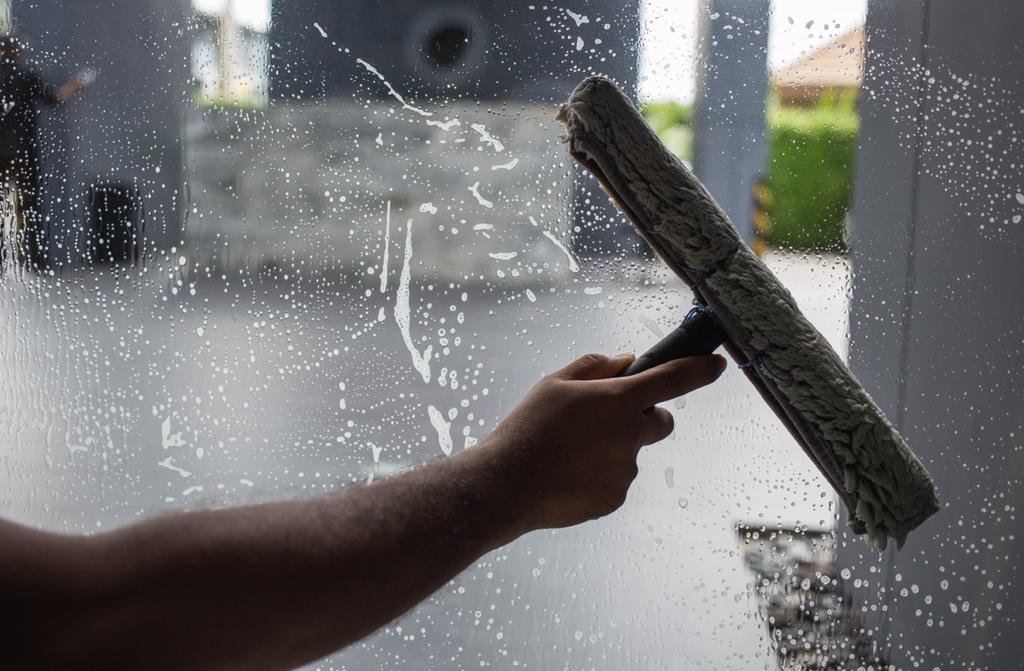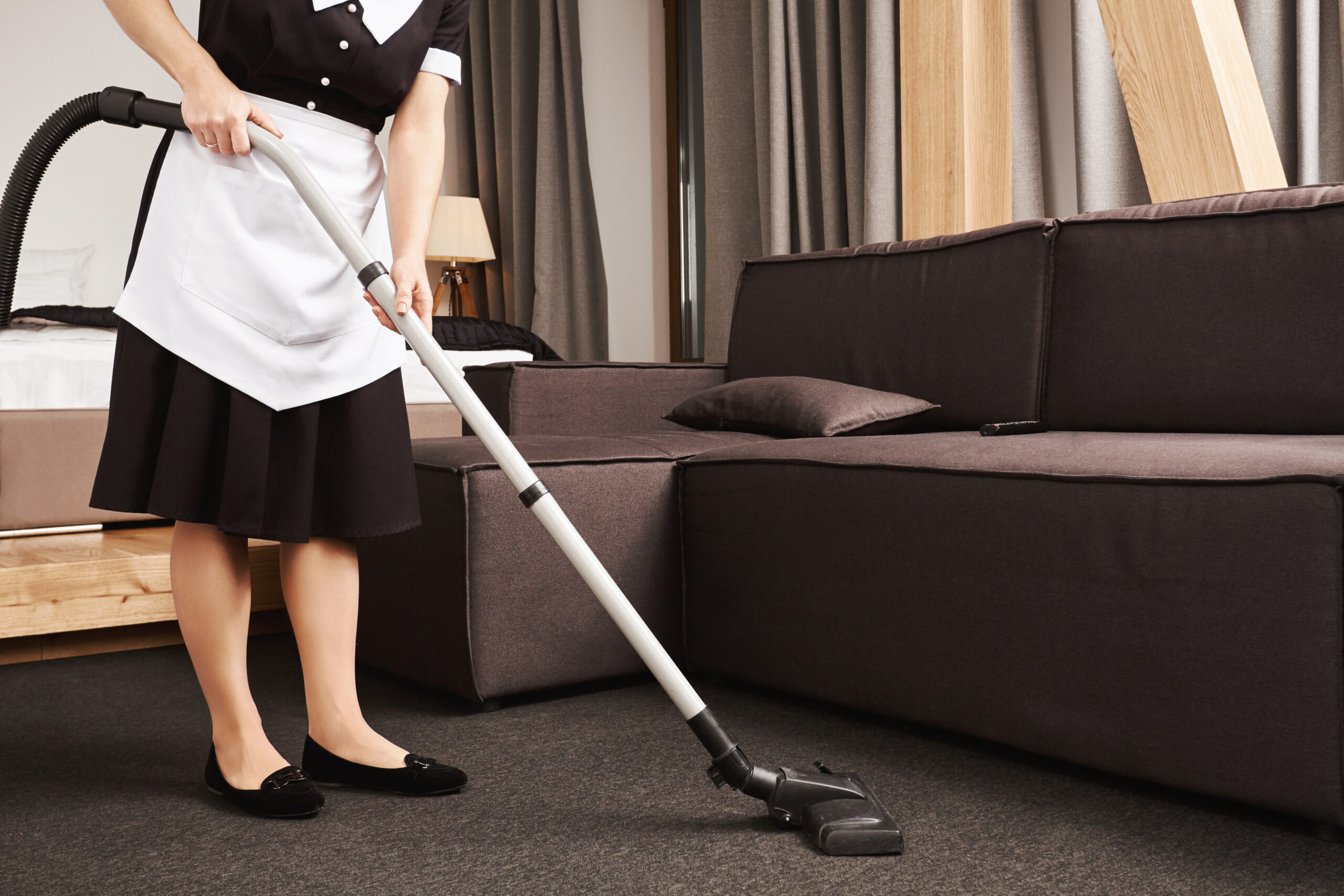How To Clean Marble Benchtops
Marble is a natural stone material. It can add beauty and elegance to any space wherever you use it. Marble performs very well in kitchens and bathrooms. How To Clean Marble Benchtops Marble is a natural stone material.
Many homeowners consider marble as one of the best options for sprucing up their kitchen décor. Marble gives a neat and aesthetic look to a kitchen. It makes your home beautiful. Marble, however, is a very soft stone, and it is naturally prone to staining and etching.
The marble that is common is of two types; honed and polished. The significant difference between honed and polished marble is that the polished marble shines more, and reflects light. The honed marble, on the other hand, is soft and has a satin finish. Polished marble easily stains, scratches, and etches, so it needs extra care and maintenance.
To properly maintain marble surfaces in your kitchen, you must know everything related to the marble benchtops. Below are tips for cleaning marble countertops. We hope that they will also help you in keeping other marble surfaces in your home like marble floors and marble tabletops in pristine condition.
Table of Contents
Marble Etching
Marble contains calcium carbonate, which makes it very susceptible to marking and etching. Etching happens when marble interacts with acid, exposing the material beneath. Marble quickly reacts with the acid, which can damage its surface and cause dull spots. These spots are usually known as burn signs. The reaction with acid can start due to the spilling of lemon juice on the surface of the marble.
Sometimes a damp margarita glass can also damage a marble benchtop. This liquid will leave an un-slightly mark on your benchtop. Since marble is very prone to etching, so you will find it a little hard to clean. It is partially true because an ordinary acid-based cleaner cannot remove the etching from the marble. However, in general, marble is very durable and easy to clean.
Marble Benchtop Sealing
The first step in the maintenance of a kitchen marble benchtop, whether polished or honed, is to apply a high-grade sealant to the surface. The adhesive is helpful because it penetrates the marble and sits just below its surface.
Make sure that you choose the glue very carefully because a great-quality sealer performs its function without affecting the look of marble. Marble might absorb acidic foods like citrus juice, vinegar, and soft drinks. The advantage of sealing is that it protects the marble against etching.
Even when a marble benchtop is adequately sealed after installation, it does not permanently protect the marble for ever. The sealing needs renewal after every two to five years. The duration depends mainly on the usage of the marble. If you are using the marble top frequently, you should renew the sealing after two years. Otherwise, you can do it after five years. Always get an expert to perform the sealing for you if you want it done properly.
How To Maintain Marble Benchtops
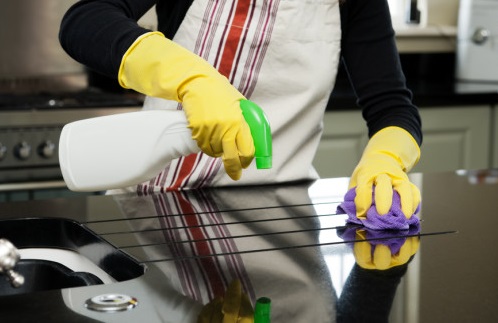
Regular maintenance and cleaning of marble benchtops are easy. Some of the methods to remove the stains and maintain these engineered stones are as follows:
Clean marble surfaces regularly
All you need for benchtop cleaning is warm water, dishwashing liquid, spray bottles, a cleaning cloth, and a highly absorbent towel. The first step is to prepare a cleaning solution. Combine any regular dishwashing liquid with warm water in a spray bottle. Shake the bottle and mix the solution thoroughly.
Clean your marble top with a dry cloth before using this solution. Make sure that the marble top does not have any lemon juice or acid before you apply soap solution. Next, spray cleaning solution on the entire marble countertop. Take a clean cloth and dampen it with warm water. Use this cloth to wipe off the soapy solution from the marble. After that, use a highly absorbent towel to dry the benchtop. It will absorb all the moisture and make your countertop look shiny and all new.
Remove spillage stains
Spillage stains can dull your marble’s look. It is essential to remove stains from marble as soon as possible. If you let the spillages stay on for too long, it will become much more difficult to remove them.
The best way to clean such spots is to blot or clean them out with a damp cloth. However, if a spillage has been in place for a while, you can use other rigorous methods to remove it.
Use poultices
Poultices are quite effective against stains of tea, coffee, paint, wine, or any other organic substance that can stain marble benchtops. Poultices are absorbent materials mixed with a liquid chemical. It is thick and very helpful in removing various stains.
The liquid chemical present in it draws the stain from the marble into the absorbent material. However, certain stains will not come off entirely after using poultices once on them. You might need to apply it repeatedly. Some very stubborn stains do not remove even through poultices. They require other types of cleaning materials.
You can clean stains from your marble stone benchtop using a poultice in the following steps:
Step 1: Prepare the poultice
You can easily prepare poultice by mixing diluted hydrogen peroxide with baking soda to form a thick paste. The poultice may be slightly foamy. If the mixture starts drying up, you can add some water to it.
Step 2: Apply the poultice
Use tap water to dampen the stained area. Now use a spatula or a knife to evenly spread half an inch thick layer of poultice on the surface.
Step 3: Remove the poultice
Leave the poultice in place for 24 to 48 hours then remove it. Once the poultice is dry, it draws out the stains from the marble and cleans the surface. Sometimes, the stains are very stubborn, and poultice may not remove them. You can use different methods to remove them. Apply the poultice layer many times where possible.
Step 4: Use corn starch
Corn starch is quite effective in removing oil and grease stains. Such stains do not go off quickly if you do not use the right products. Sprinkle corn starch on the stained areas. Let the starch sit for a few minutes until it absorbs the oil. Then use a damp cloth to wipe the starch. Dry the marble surface using a soft absorbent cloth.
Helpful Tips For Cleaning Marble Benchtops
- Clean your marble countertop daily, and do not use anything other than a clean cloth and warm soapy water.
- Do not use casual kitchen cleaning products on marble as they might damage it and cause burns.
- A damp microfiber cloth can remove most of the stains from honed marble.
- Repolish marble only in the stained areas using polishing cream and a soft cloth.
Seek Professional Marble Care Help
Marble isn’t the hardest material to care for, neither is it the easiest. You can care for it yourself, but you may not have the expert knowledge needed to keep it looking shiny and fresh all day every day.
Regardless, your marble surfaces at home can still look great without too much hassle with the help of professionals such as Like Cleaning Services Group. Contact them anytime for all your marble surface cleaning needs!

